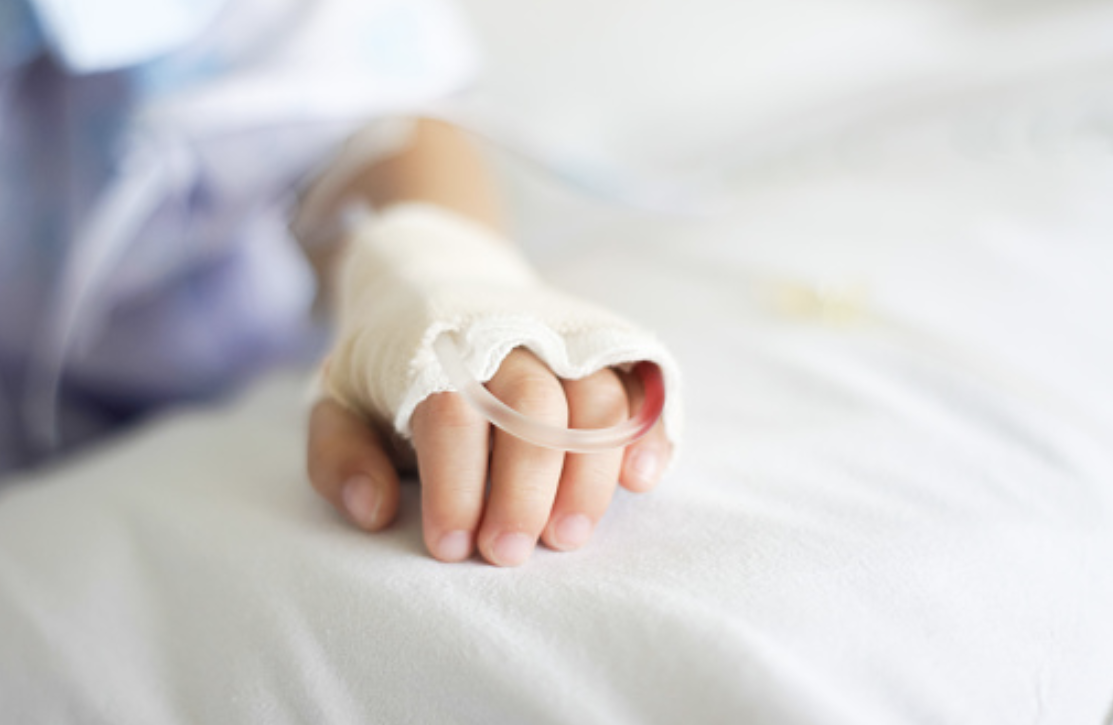
The overall childhood cancer survival rate in Yorkshire is among the best in the world, according to new figures.
More children with cancer are surviving for at least five years after diagnosis Improvements in treatment mean that for some cancers, almost all children will survive at least five years Research now focusing in detail on long-term impact of cancer treatment in childhood The overall childhood cancer survival rate in Yorkshire is among the best in the world, with 86 out of every 100 children diagnosed with the disease before their fifteenth birthday living for at least five years, according to new figures. Twenty years ago, the comparable figure was 73 out of 100 children. That means for every 100 children, 13 are now surviving who would not have done so 20 years ago. Yorkshire has a five-year survival rate that matches the best figures reported by countries around the world, including Australia and Canada. The survival rate is an important benchmark. Traditionally, a child who lives beyond five years of diagnosis is considered to have been cured of their cancer, although in some children the disease does sadly recur. Family had 'tremendous support' Anais was seven when, in 2017, she was diagnosed with a kidney tumour, which had begun to spread to other parts of her body. She was treated at one of the two regional childhood cancer centres in Yorkshire, the Leeds Children’s Hospital. Anais received chemotherapy, had two operations and radiotherapy. On Christmas Eve, she celebrated her ninth birthday and is now two years into being cancer free. Her mother, Becky Smith, said:
“Having a child diagnosed with cancer is a parent’s worst nightmare. But advances in treatment mean that many children can get through this disease, although the journey can be tough but there is tremendous support from healthcare staff who have supported Anais and the rest of the family.”The Register’s data has been a key weapon in the fight against cancer Dr Richard Feltbower, Senior Lecturer in Epidemiology at the University of Leeds and leader of the Yorkshire Register's research programme, said:
“Collecting and analysing high quality epidemiological data is central to improving cancer care. “It allows us to monitor how effective treatments are and identify any major side-effects. By sharing that information with researchers, the clinical community and families of childhood cancer survivors, not just in Yorkshire but across the entire country, we can help focus research on key areas. “We are able to determine those cancers that are the most difficult to treat, or where the side-effects of treatment are most toxic, especially treatment which may have long-term side effects.”Funded by the Candlelighters Trust and the Laura Crane Youth Cancer Trust, the Register was set up in the early 1980s and has allowed scientists and clinicians to undertake epidemiological research into the patterns and causes of cancer. It has enabled them to track the impact of new therapies on young patients and how it may cause side-effects in later life. Some cancer treatments involve powerful drugs which can affect physical health including reproductive health. Cancer treatment may also impact on social and mental health as well as educational outcomes. The Registry is developing techniques to investigate these and the wider impact of childhood cancer in later life. Dr Mike Richards, Candlelighters Trustee and Consultant Paediatric Haematologist at Leeds Children’s Hospital, said:
"The publication of these data highlight the amazing progress in the treatment of cancer in our region over the last 20 years. "The priorities of the Candlelighters charity is to help fund research that not only further improves five-year survival rates but also extends our understanding of the potential long-term side-effects of treatment. It is vital we develop treatment options that are kinder to patients."Children’s Cancer Care in Yorkshire The improvement in survival rates reflect advances in cancer care such as earlier diagnosis, improvements in radiotherapy, surgery, chemotherapy and better-organised cancer treatment services. In Yorkshire, children with cancer are seen by specialist teams at two regional centres: Leeds Children’s Hospital and Sheffield Children's Hospital, which work as part of a network of specialist units across the United Kingdom. Leeds Children’s Hospital The Leeds Children’s Hospital is the largest paediatric cancer unit in the north-east of England and works with services in the community, social care and education to support young patients and their families and carers. It has an active research programme involved in improving cancer care. Adam Glaser, Professor of Paediatric Oncology and Late Effects at the University of Leeds and consultant at Leeds Teaching Hospitals NHS Trust, said:
“If the progress seen over the last 20 years is repeated over the next 20 years, then we could reach a point where very few children die of the disease. “That is a tribute not only to the NHS frontline staff who care for young cancer patients but also the teams of researchers and scientists finding new and better ways of tackling the disease.”The latest survival figures have been released to mark International Childhood Cancer Day and demonstrate the progress that has been made in treating the disease. The source of the statistics is the Yorkshire Specialist Register of Cancer in Children and Young People, a research database run by the University of Leeds that holds demographic and clinical information on childhood and young-adult cancer patients. Read more local stories from Your Harrogate here.



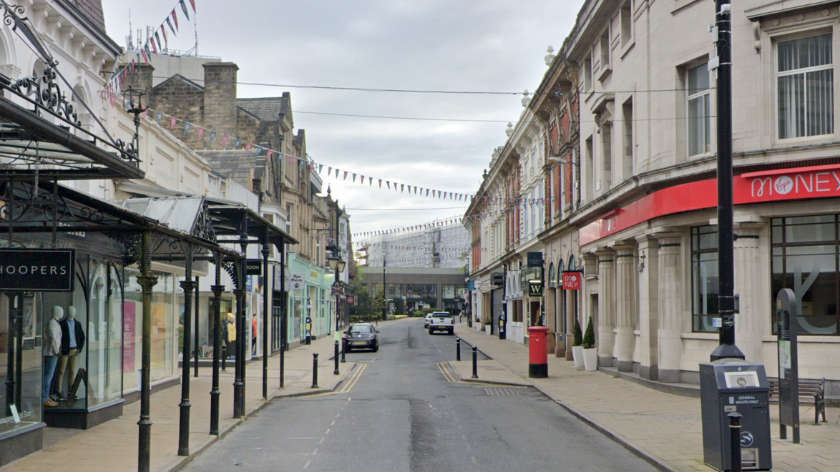 Works to start on James Street in Harrogate
Works to start on James Street in Harrogate
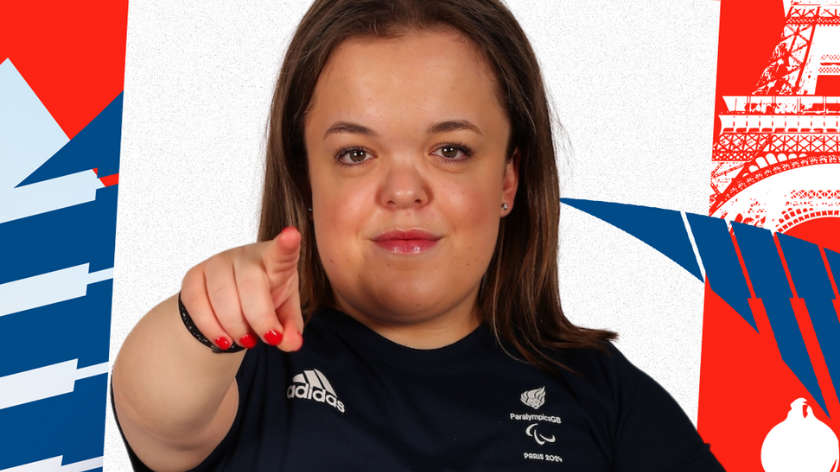 Harrogate Paralympic powerlifter to represent Team GB
Harrogate Paralympic powerlifter to represent Team GB
 Ripon classic car gathering to return this weekend
Ripon classic car gathering to return this weekend
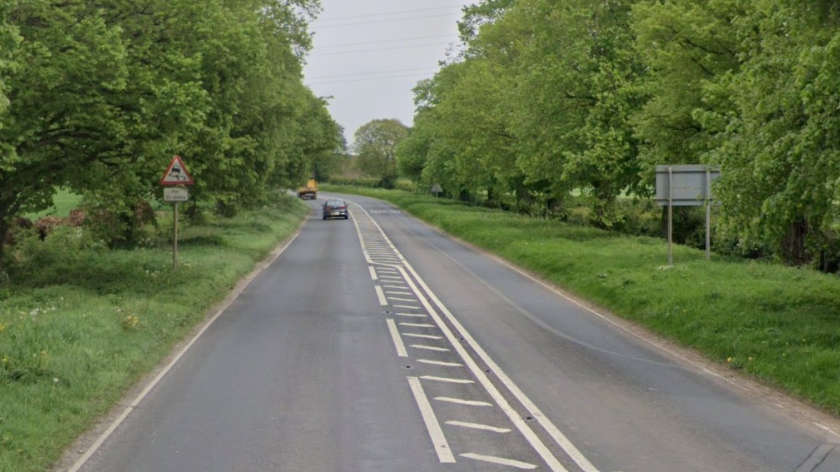 'A bad idea': Ripon council objects to lower speed limit on A61
'A bad idea': Ripon council objects to lower speed limit on A61
 Olympics to be screened at Victoria Shopping Centre
Olympics to be screened at Victoria Shopping Centre
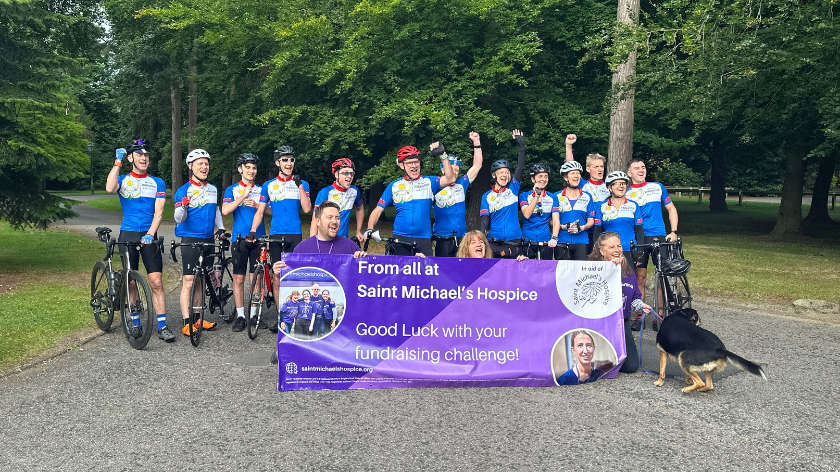 Harrogate cyclists set off on 600km fundraising trip to Paris
Harrogate cyclists set off on 600km fundraising trip to Paris
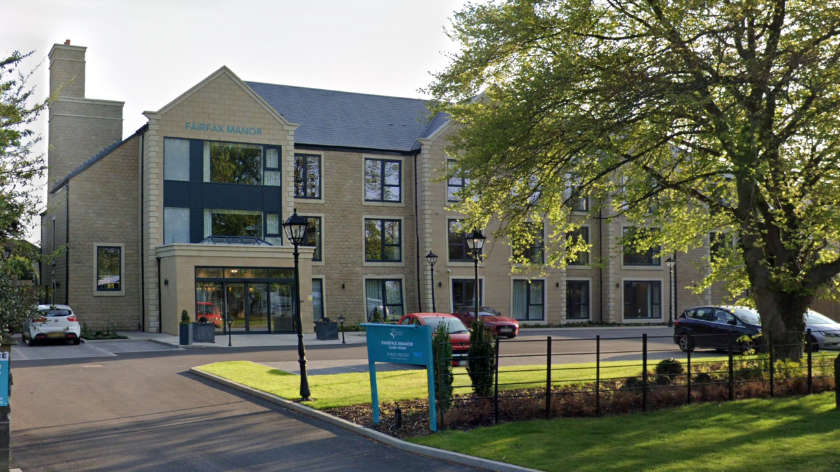 Harrogate care home shortlisted for national luxury care award
Harrogate care home shortlisted for national luxury care award
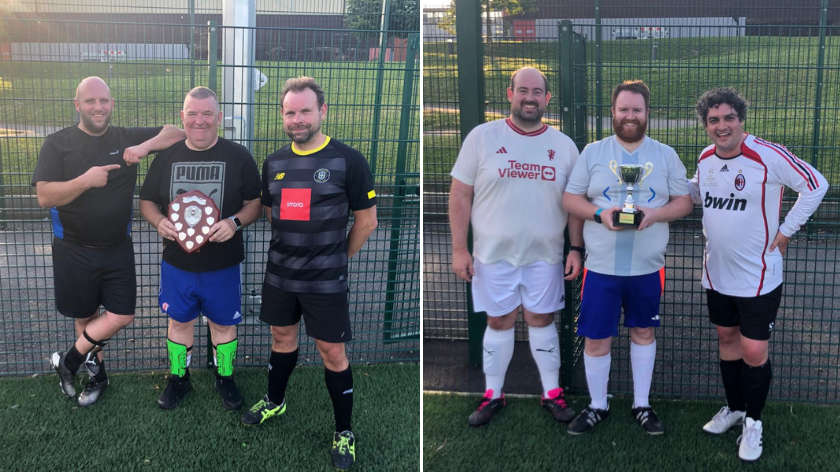 Amateur Harrogate football club helps men kick excess weight
Amateur Harrogate football club helps men kick excess weight
 Harrogate charity ball raises £14,000 to combat loneliness in older people
Harrogate charity ball raises £14,000 to combat loneliness in older people
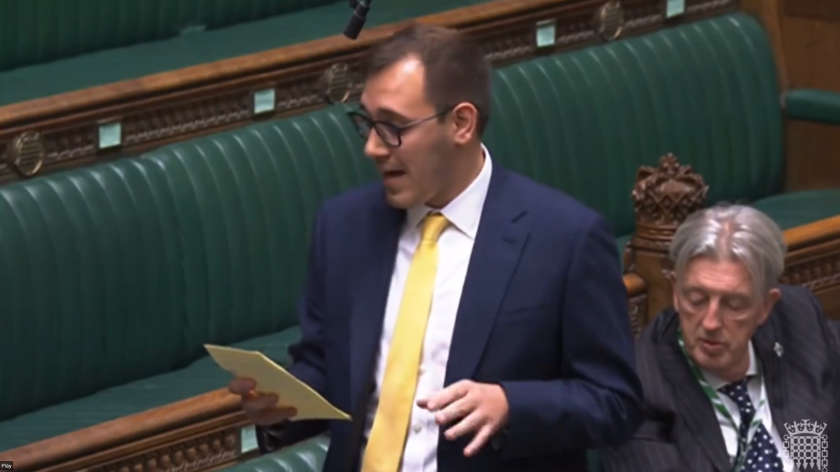 Harrogate's new MP speaks in Parliament for first time
Harrogate's new MP speaks in Parliament for first time
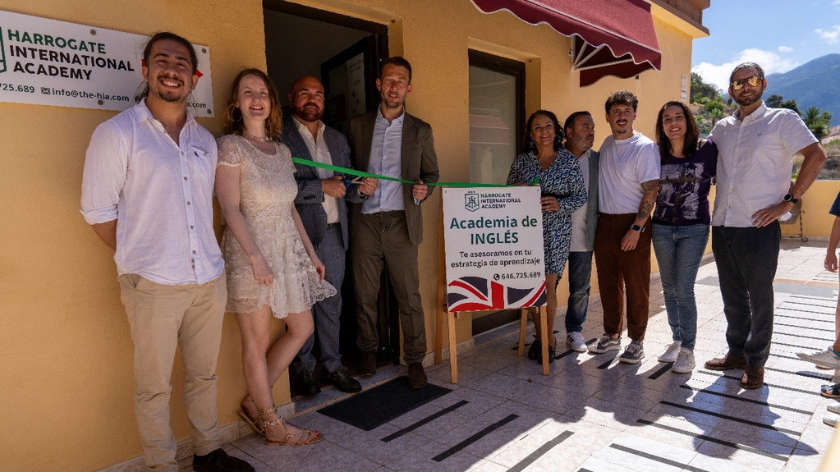 New Harrogate outpost launched off coast of Africa
New Harrogate outpost launched off coast of Africa
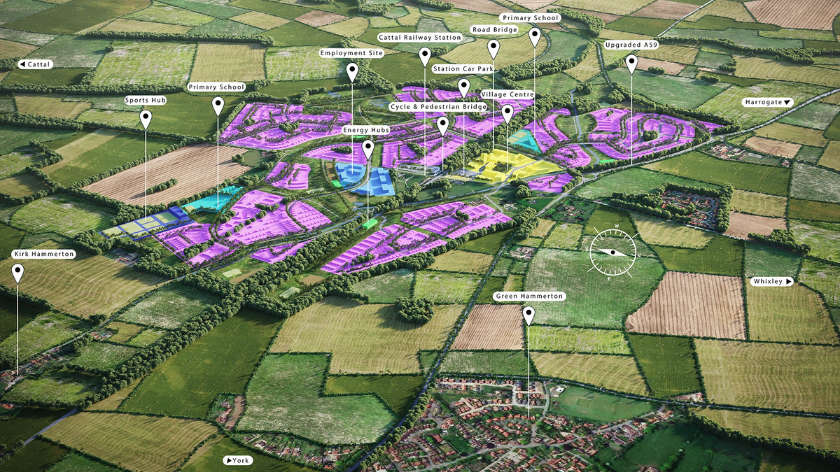 Maltkiln developer updates proposals for 4,000-home settlement
Maltkiln developer updates proposals for 4,000-home settlement
 Harrogate bus firm awarded world's top quality and safety benchmarks
Harrogate bus firm awarded world's top quality and safety benchmarks
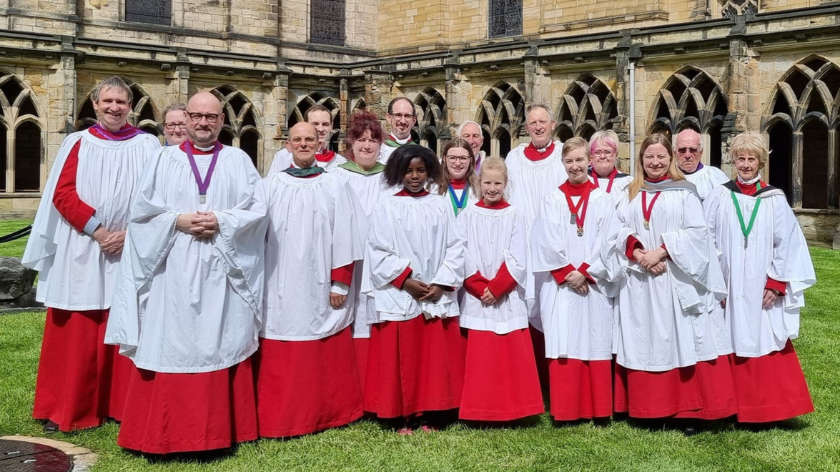 Knaresborough choir set to perform at prestigious London venues
Knaresborough choir set to perform at prestigious London venues
 Three teens arrested after violent incident in Bilton
Three teens arrested after violent incident in Bilton
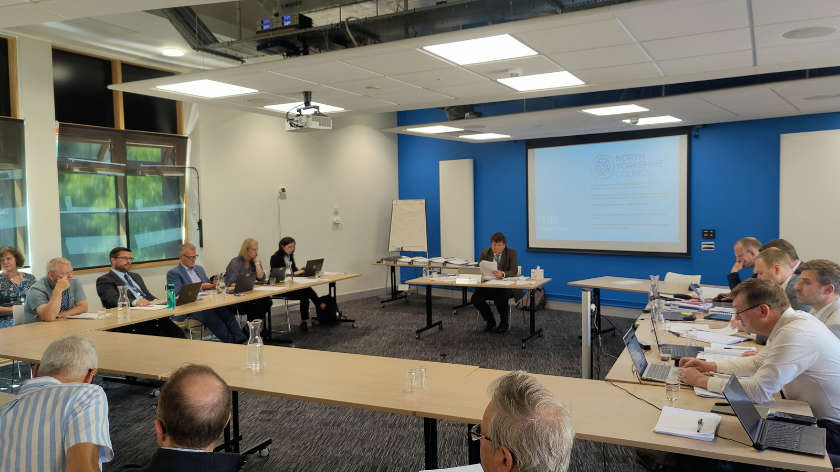 Residents battle developer at 53-home Knox Lane inquiry
Residents battle developer at 53-home Knox Lane inquiry
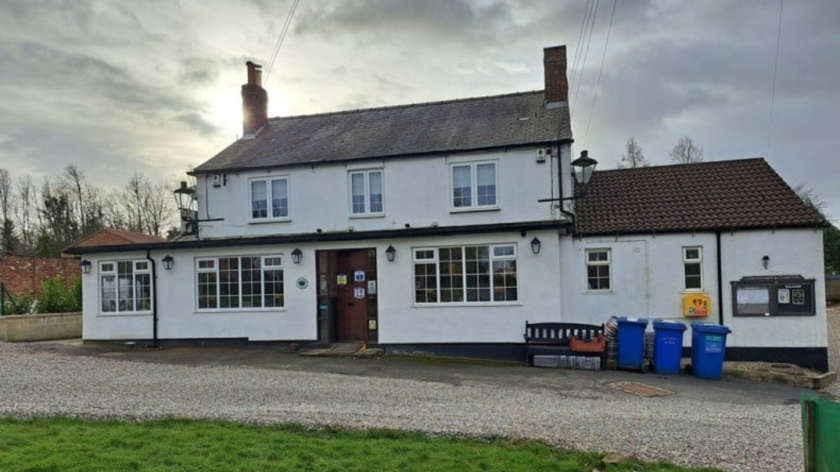 Popular village pub near Knaresborough is put up for auction
Popular village pub near Knaresborough is put up for auction
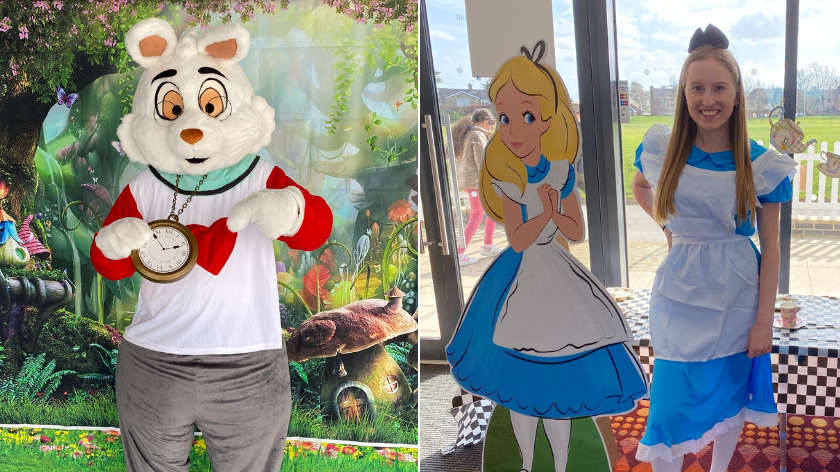 Alice in Wonderland trail launched in Ripon city centre
Alice in Wonderland trail launched in Ripon city centre
 Ripon's Passport Scheme returns for the summer
Ripon's Passport Scheme returns for the summer
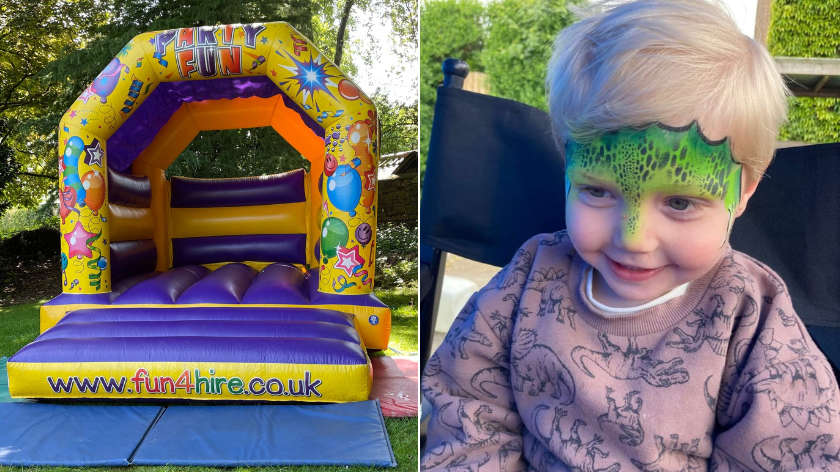 Popular Harrogate venue to host family events throughout summer
Popular Harrogate venue to host family events throughout summer








